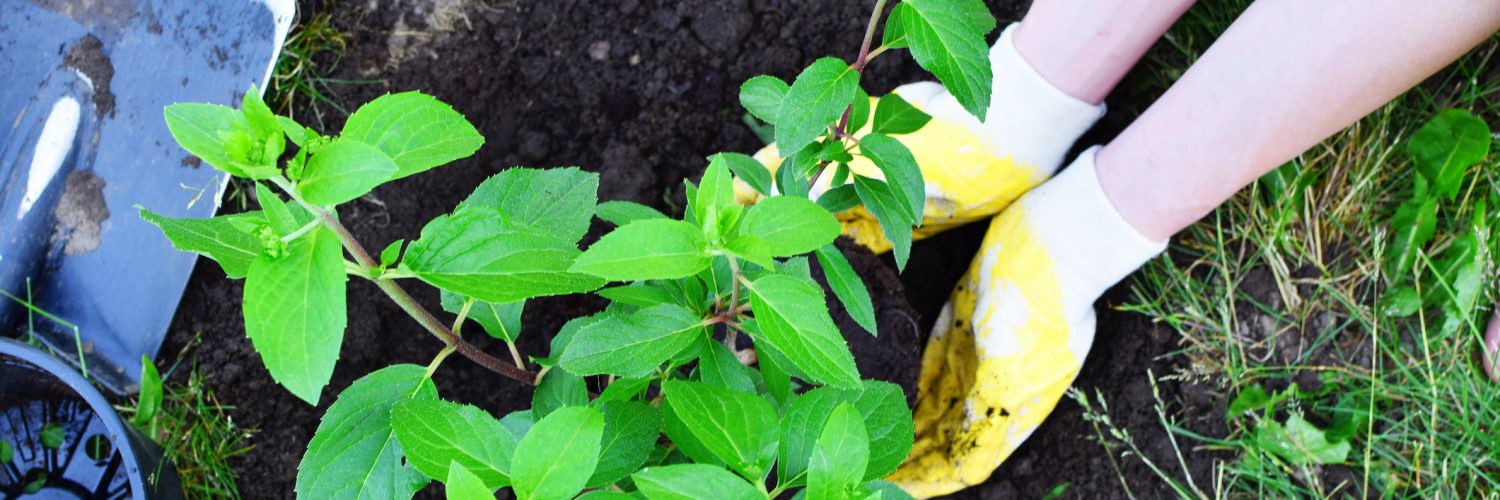The health of the planet has a big impact on our individual health and well-being. Pollution and litter affect the environment and, as a result, can also affect our physical and mental health. Choose to take small steps when possible to help improve the health of our planet, as well as the health of you and your family!
Plant a tree, shrubs, or plants like flowers or grasses around your house or neighborhood to help prevent soil erosion, absorb CO2 from the air, and beautify your home space.
Eat foods raised or grown locally. From clearing land to grow food, transporting food from its source to the store, and packaging that ends up in the landfill, there are many ways the food we eat affects the environment. One of the easiest ways to reduce this impact is purchasing foods, meat or produce that has been raised or grown locally–plus you know it’s fresh and in-season! If time and space permits, you can even further help the environment by planting your own garden. Check out this blog post for tips!
Avoid wasting food. Food waste can have a big impact beyond your wallet. For example, food waste takes up space in landfills and creates methane gas, which can damage the atmosphere. Click here for tips to reduce your food waste.
Reuse when possible. Reusable bags, water bottles and similar items can drastically cut down on waste with little change to your day-to-day habits.
Recycle. If you’re not doing so already, recycling is a great way to cut down on trash heading to the landfill (and sometimes our oceans and other waterways). Contact your local municipality to find out what you can recycle, and set up an easy system in your home to make sure anything that can be recycled is.
Fuel-efficient driving. No matter what kind of car you have, you can change your driving habits to reduce the amount of gas you use. For example, accelerating slowly and smoothly, driving the speed limit and regular car maintenance can significantly reduce CO2 emissions.
Be more thoughtful about your energy and water consumption. It can help reduce your carbon footprint and your bills! Try to cut down on long showers, unplug electronics and turn off lights when not in use.
Change your light bulbs. Swap out your incandescent light bulbs for compact fluorescent bulbs—doing this with just one bulb can reduce up to 1,300 pounds of carbon dioxide pollution during its lifetime. Replacing the bulbs in your house doesn’t take much time at all. Plus, because compact fluorescent light bulbs are more energy-efficient, you benefit too, as it could help you save you money on your energy bill.
Limit your paper use. Opt for paperless billing, subscribe to email versions of catalogs rather than opting for mailed copies, and unsubscribe yourself from any unsolicited mail you may receive.
Don’t litter! Always properly dispose of your trash—and if you see trash, pick it up and bring it to a garbage can, when possible.
Compost. Consider setting up a compost pile or contributing compostable materials to a community composting site.
By taking small steps to lessen your individual impact on the environment, together we can make a big difference!



